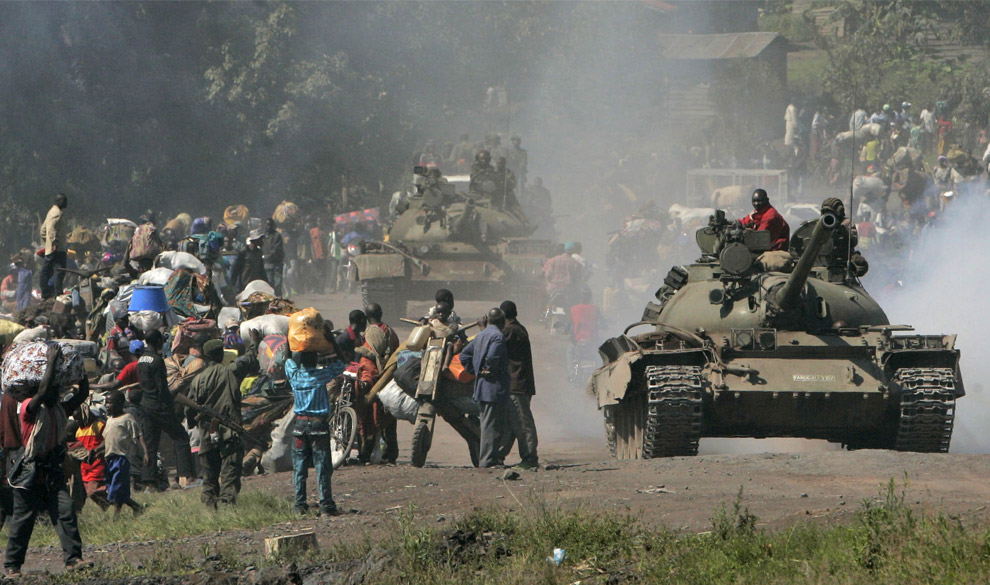Besides the war in Congo there have been many other unrests around the world in the last few years which have displaced people into refugee camps and who are now being resettled to places around the world and to the Twin Cities.
Ninety days after being resettled to the Twin Cities, relocating agencies will close the case and the refugees are on their own. This is where CEEDS comes alongside the resettling family with individualized support and long term relationships to help them define their future as they are planted and flourishing in their new lives.
Many immigrants and refugees who come to the United States have suffered multiple traumas and the experience of ongoing displacement.
 |
They need helpers who understand their trauma, culture and language to help them pick up the pieces of their lives. Basic support services are not enough. They need a combination of services (psychology, psychiatry, emotional support, etc.) because more than 85% of them suffer from PTSD.
 |
Even once they are safe in the United States the trauma, emotions, and violence…still hunt them down.
In addition, there is the challenge of what is called “secondary migration” in which refugees leave the city to which they were assigned by the State Department and move to an area where they know their countrymen are living. This is already happening as families have come from New York, Iowa, North Carolina and elsewhere to the Twin Cities. Because they have left their original governmental support system, these people often “fall through the cracks.” CEEDS is in a position to help them connect to support services and to walk with them during this time of transition.
Some of the major challenges facing new immigrants are education, job opportunity, isolation and prejudice due to their lack of cultural understanding. Because CEEDS volunteers have been through these challenges themselves they are in a position to be a positive support to the newly arrived.



